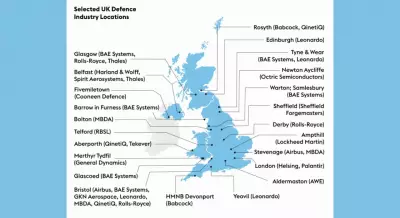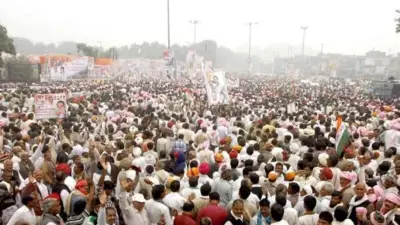
A revolutionary report from the United Nations has unveiled a powerful truth in the fight against climate change: early warning systems for extreme weather events could dramatically reduce disaster-related fatalities. As climate impacts intensify globally, this finding carries profound significance for climate-vulnerable nations like India.
The Life-Saving Power of Timely Alerts
The comprehensive analysis demonstrates that communities with access to advanced weather warnings experience significantly lower mortality rates during climate-related disasters. From cyclones and floods to heatwaves and droughts, the window between prediction and impact is becoming increasingly critical for saving lives.
India's Growing Climate Challenge
With its vast coastline, agricultural dependence, and densely populated cities, India faces mounting threats from climate change. Recent years have witnessed:
- Increasing frequency of severe cyclones in coastal regions
- Unpredictable monsoon patterns affecting agriculture
- Deadly heatwaves across northern states
- Flash floods in urban and rural areas
Global Early Warning Coverage Gap
Despite the proven effectiveness of warning systems, the UN report highlights a concerning gap: nearly one-third of the world's population remains without adequate early weather alert coverage. This protection deficit disproportionately affects developing nations and vulnerable communities.
India's Progress in Climate Resilience
India has made significant strides in strengthening its early warning infrastructure:
- Advanced cyclone prediction systems have dramatically reduced fatalities
- Heat action plans in cities are protecting vulnerable populations
- Flood forecasting networks are expanding across river basins
- Farmers now receive weather-based agricultural advisories
The Economic Imperative
Beyond saving lives, early warning systems deliver substantial economic benefits. Every dollar invested in weather forecasting returns multiplies in disaster prevention, protecting infrastructure, crops, and livelihoods from climate devastation.
Technology's Transformative Role
Modern technological advancements are revolutionizing early warning capabilities:
- Satellite monitoring provides real-time weather tracking
- Mobile networks enable instant alert dissemination
- AI and machine learning improve prediction accuracy
- Community-based systems ensure last-mile connectivity
The Path Forward for Global Climate Security
The UN emphasizes that achieving universal early warning coverage requires international cooperation, sustained investment, and technology transfer. As climate impacts accelerate, building resilient warning systems becomes not just an option, but an absolute necessity for planetary security.
For India and other climate-vulnerable nations, strengthening early warning infrastructure represents one of the most effective strategies for adapting to our changing climate while protecting millions of lives and livelihoods.





